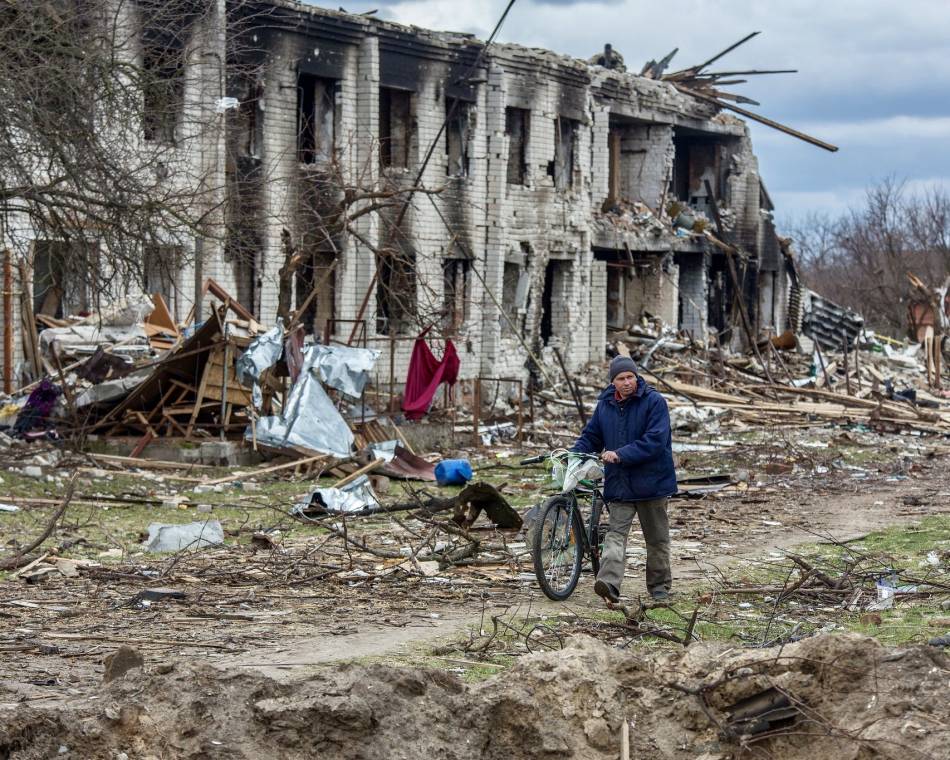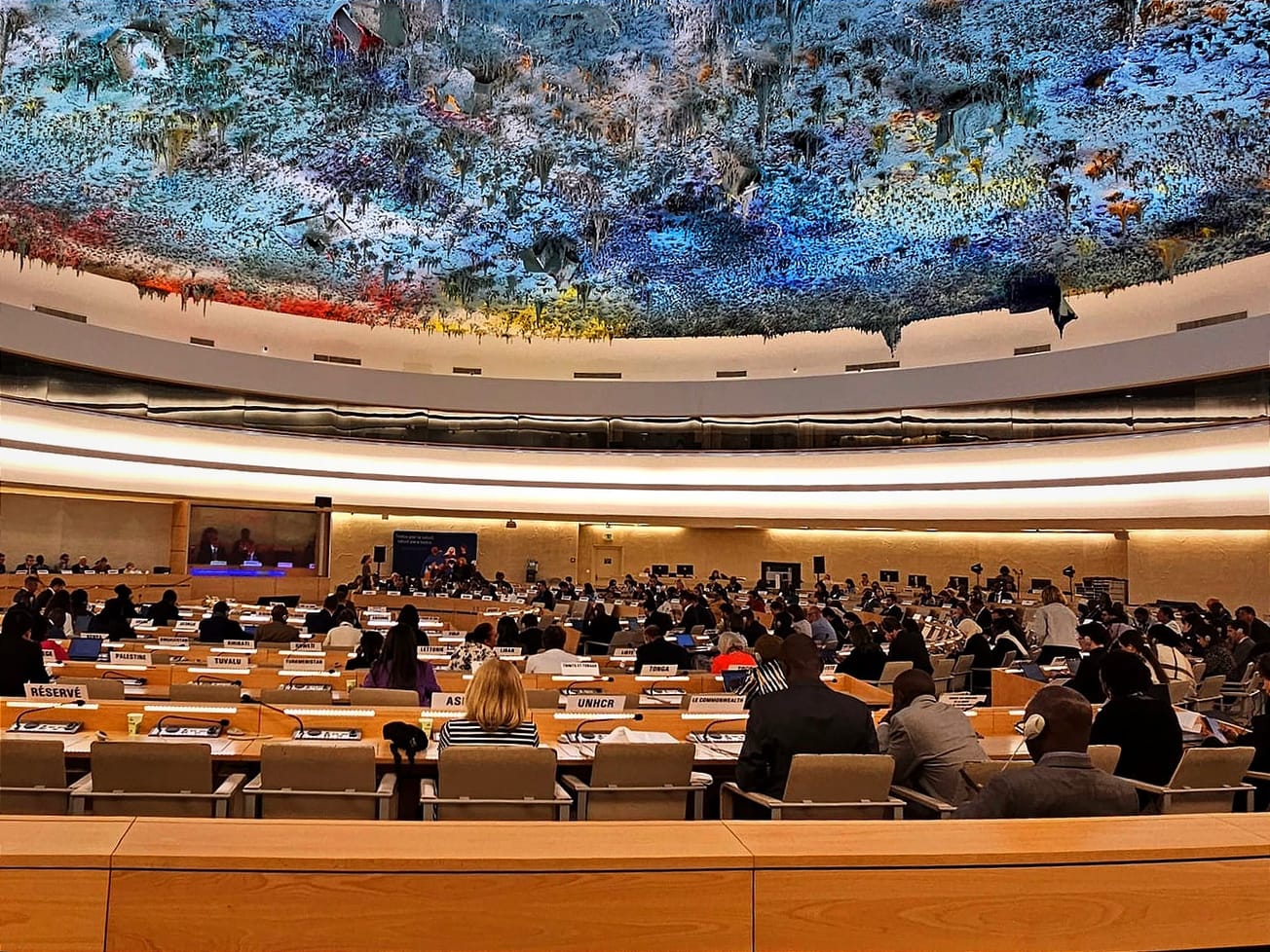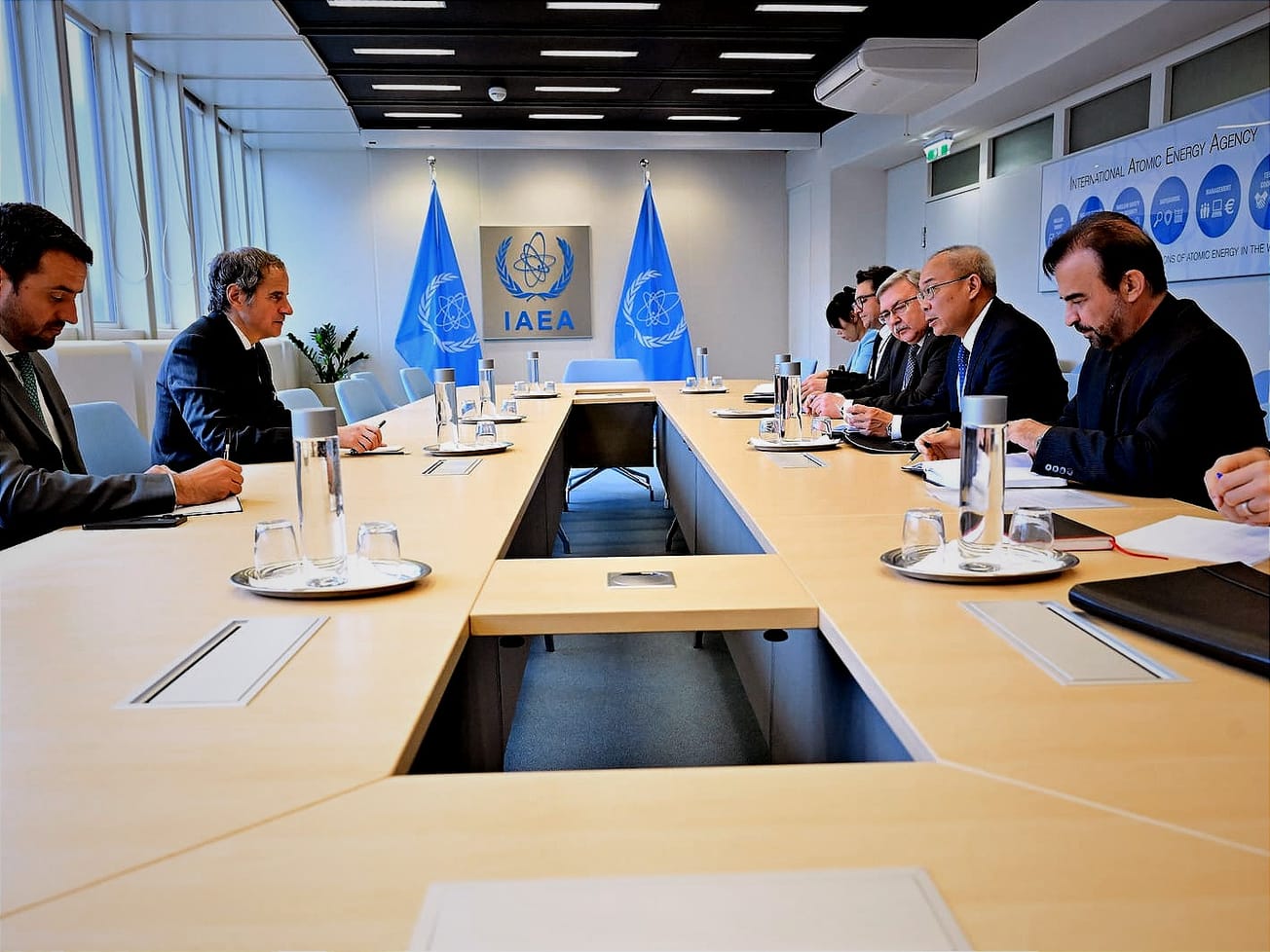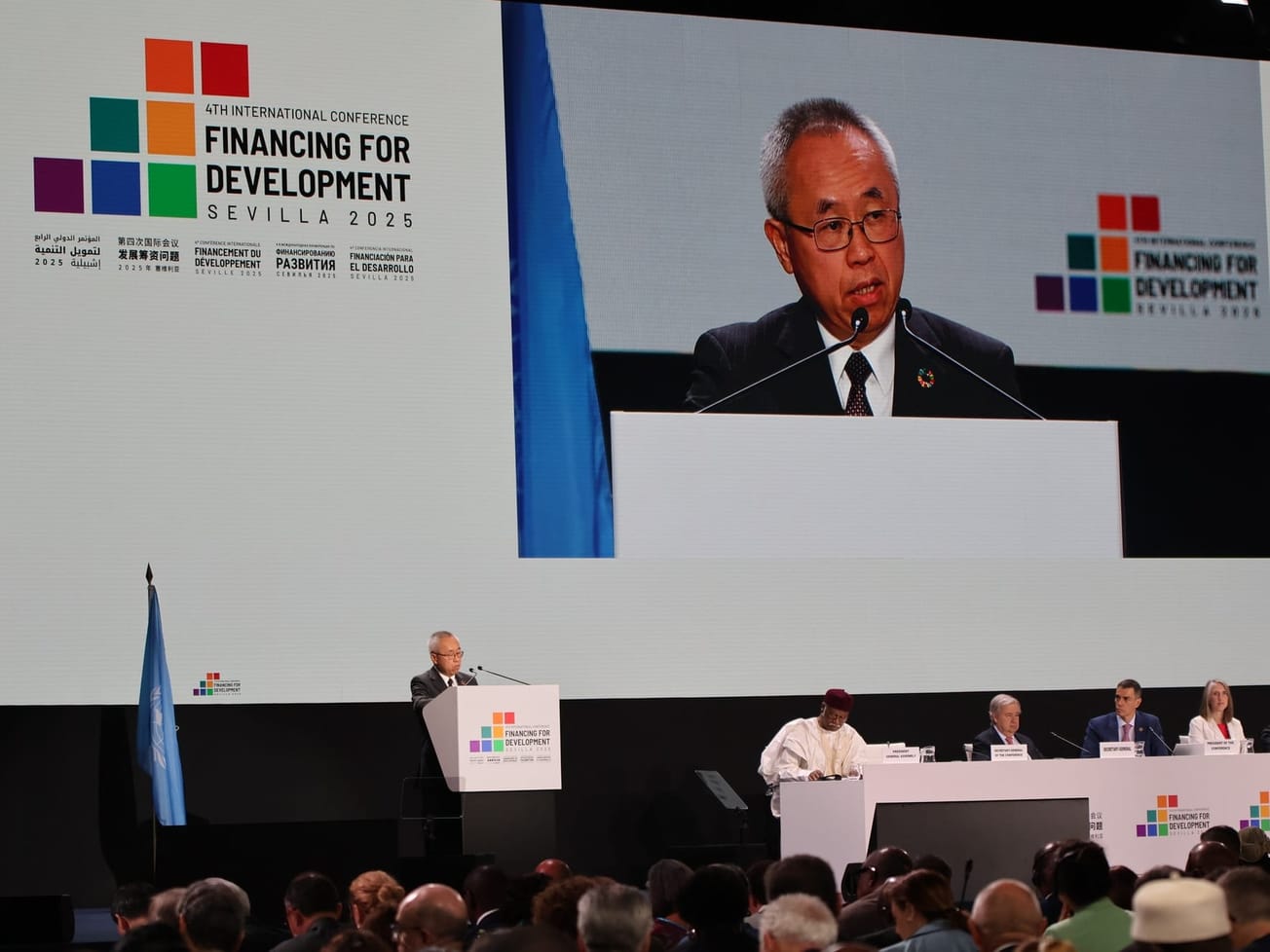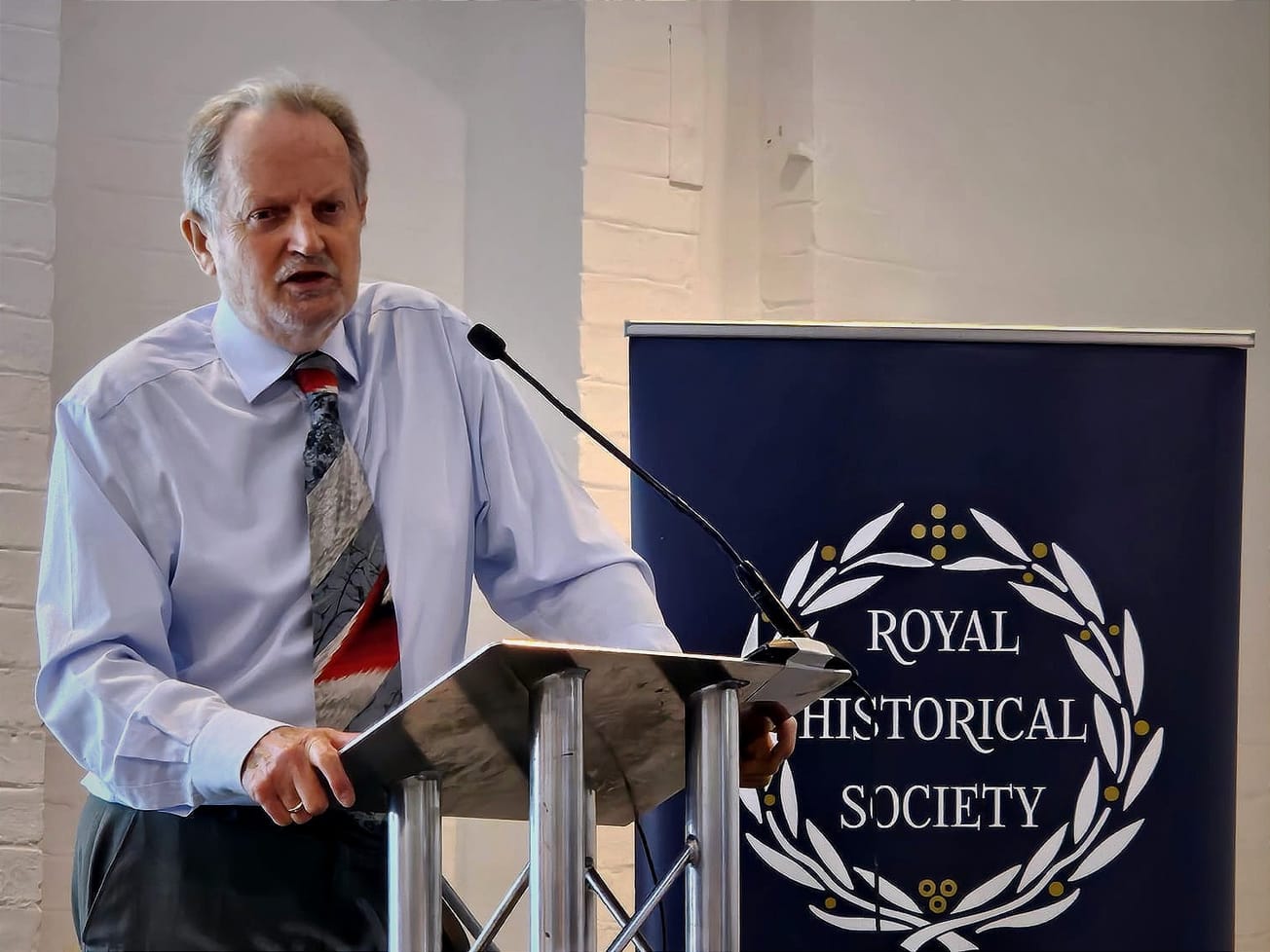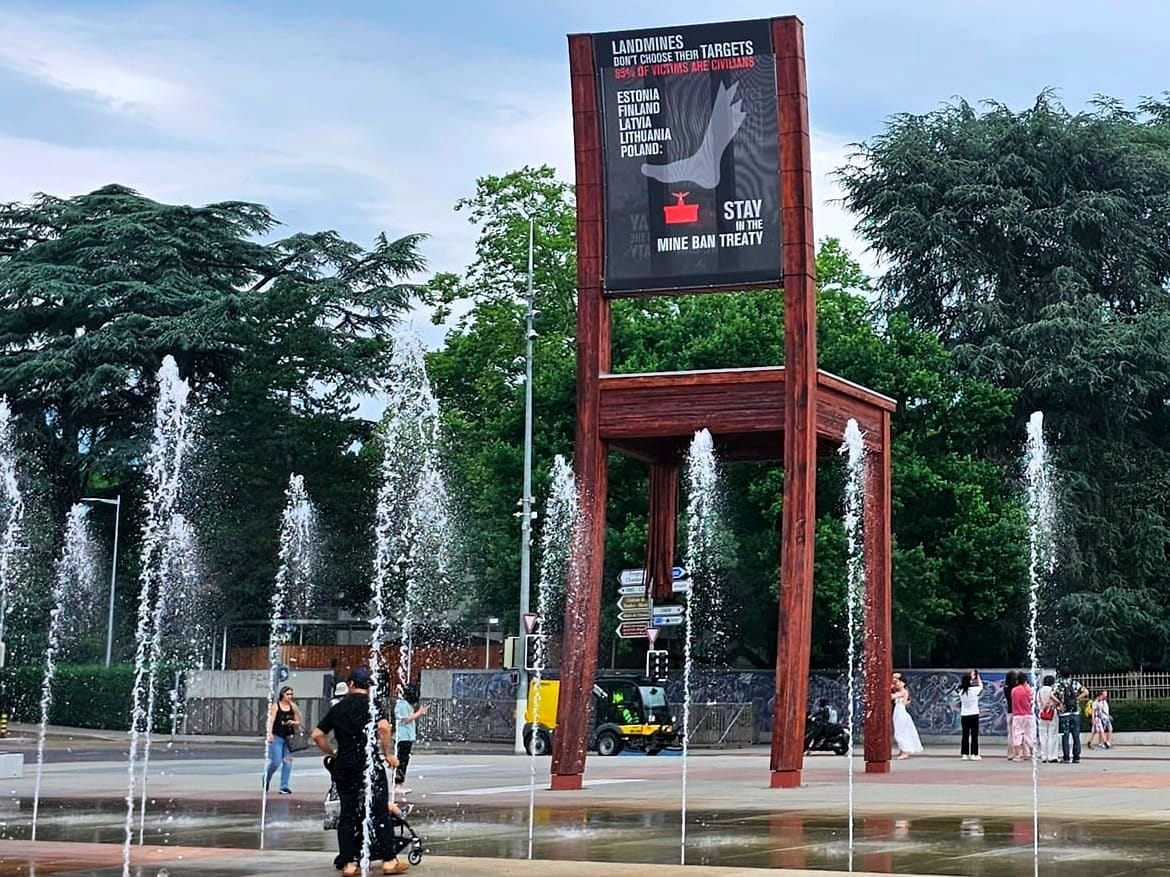GENEVA (AN) — International human rights investigators were directed by the 47-nation United Nations Human Rights Council on Thursday to focus their efforts on possible war crimes by Russian soldiers near Ukraine's capital, Kyiv, and regions occupied by Russian troops at the start of their invasion.
The council passed the resolution by a vote of 33-2 with 12 abstentions during a special session on Ukraine. China and Eritrea were the only two nations that voted against the measure.

